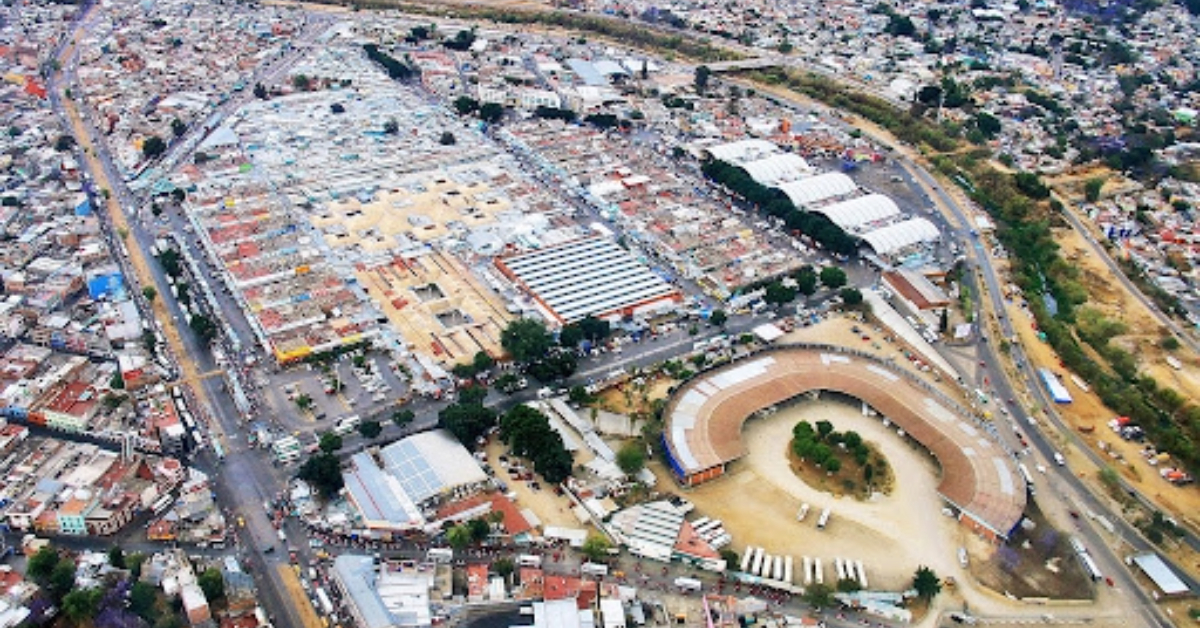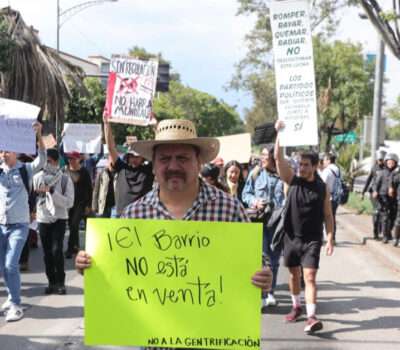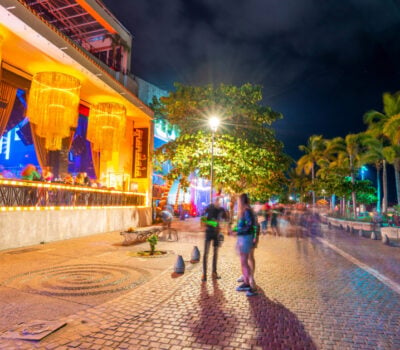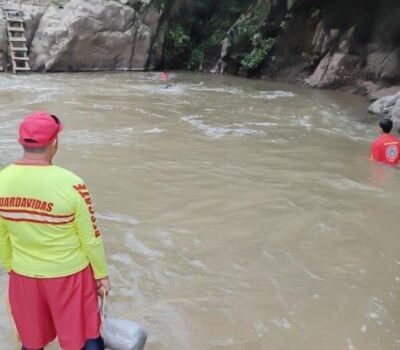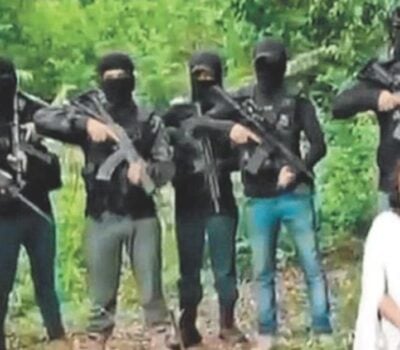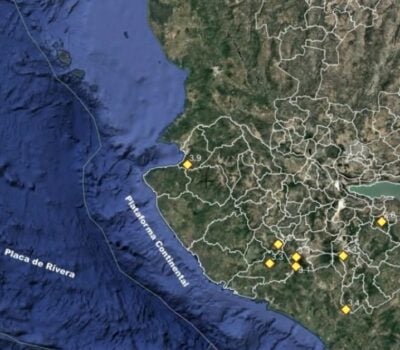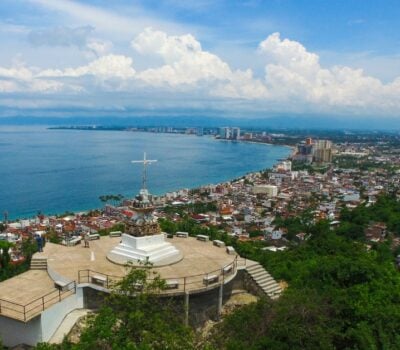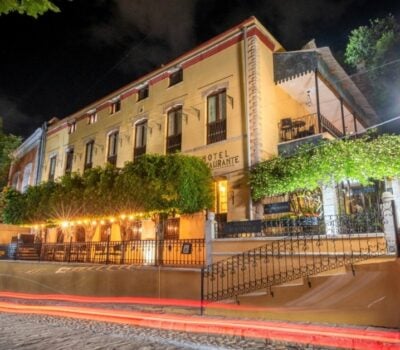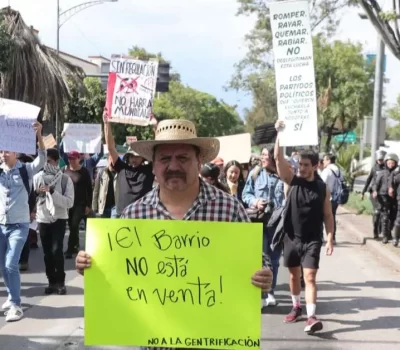In an effort to restore safety and dignity to one of Oaxaca’s largest commercial hubs, Governor Salomón Jara Cruz unveiled the Integral Program of Attention to the Root Causes at the Central de Abasto on June 11, 2025. The initiative combines community engagement, preventive policing, and social development activities aimed at reconstructing the social fabric of the market, long perceived as an insecure zone in the state capital.
At the inauguration ceremony, Governor Jara administered the oath to 39 neighborhood “Committees for Peace,” composed of local residents who will serve as liaisons between the community and security forces. These committees are tasked with improving response times to incidents and fostering a more human and preventive police presence throughout the market area. “Security and peace are not imposed; they are built through dialogue, organization, participation, and responsibility,” Jara emphasized, reaffirming the state government’s commitment to address the deep-rooted causes of violence and ensure that merchants, shoppers, workers, and passersby can go about their activities without fear of assault or aggression.
Representing Oaxaca de Juárez Mayor Raymundo Chagoya, First Municipal Trustee Obdulia Salgado Delgado praised the program’s humanistic vision, noting that years of neglect had allowed social decay—manifested in addiction, lack of support, and environmental deterioration—to take hold in and around the Central de Abasto. She underscored the importance of reclaiming and revitalizing this commercial zone to benefit both residents and visitors alike.
As part of the program, the Secretariat of Welfare, Work and Inclusion (SEBIENTI) is organizing three simultaneous communal “tequios” (volunteer work days) at the Cosijoeza sports unit, various vendor stalls, and the Arboledas neighborhood. These activities aim to clean public spaces and repair vandalized facades, signaling the state’s broader push to restore order and pride in the community.
To sustain momentum, the government will offer a suite of ongoing workshops and classes. The Secretariat of Environment, Energy and Sustainability will provide solid waste management training for merchants, collectors, and children—with youth sessions running Wednesdays from 9:00 a.m. to 3:00 p.m.—while cultural activities such as singing (Mondays and Wednesdays), painting (Tuesdays and Thursdays), and literary circles (Fridays) will take place in the afternoons. Physical activities, including football, break dancing, and self-defense classes for women, will be available throughout the week, and open-air film screenings are slated for Wednesday evenings in the warehouse area.
Economic empowerment is another pillar of the initiative. The Secretariat of Economic Development (SEDECO) will roll out “Moving Forward for Equality,” a training and empowerment program for women, alongside “Coppel Emprende,” which offers online courses in micro and small business management. By integrating social, cultural, and economic components, the strategy seeks to tackle the multifaceted roots of insecurity.
Attorney General José Bernardo Rodríguez Alamilla stressed the Fiscalía General del Estado’s role in crime prevention, announcing continuous crime-mapping efforts and prioritization of high-incidence areas to address criminal phenomena directly in the field. “We won’t wait for people to come to our offices; we’re going into the community, listening, advising, and following up on citizens’ concerns right from their neighborhoods,” he said, pledging on-site attention to complaints through the newly established neighborhood committees.
With this comprehensive approach, the Government of Oaxaca aims not only to bolster security at the Central de Abasto but also to reinvigorate community trust, promote social cohesion, and ensure that this vital commerce center thrives as a safe, welcoming space for all.


